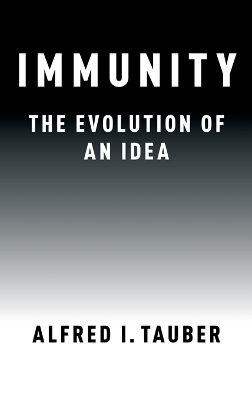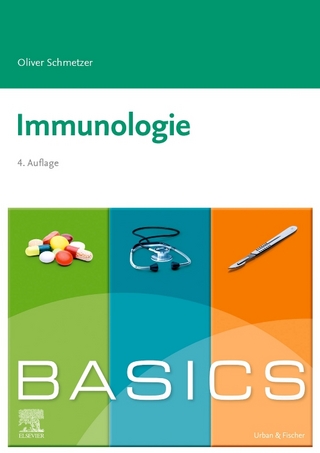
Immunity
The Evolution of an Idea
Seiten
2017
Oxford University Press Inc (Verlag)
978-0-19-065124-4 (ISBN)
Oxford University Press Inc (Verlag)
978-0-19-065124-4 (ISBN)
Senior scholar Alfred Tauber argues in this bold account that common approaches to the study of immunology are inherently flawed in its strict dichotomy of the self and non-self, or external invaders. The relationship between what is self and what is non-self is in reality a complex, dymanic, relational one. Autonomous agents are constantly in the midst of dialectical exchanges in which immunity mediates both noxious and benign encounters. Namely: rather than serving to defend an independent entity, immunity participates in an eco-system.
Contemporary transplantation biology and autoimmunity have demonstrated phenomena that upset rigid adherence to the self/non-self dichotomy. Placing tolerant immune mechanisms within a broad ecological context has highlighted the balance of co-operative and competitive relationships in which immunity functions. By understanding immunity this way, as a 'symbiotic turn,' we come to see that immune reactivity (rejection or tolerance) is a second-order response to the cognitive functions of the immune system. Organisms have a complex capacity to respond to environment, and, through Tauber's insignts, we appreciate them more fully when we grasp the flexibility of the borders of organisms.
After first providing an overview of the history of immunology, and explaining why the dominant understanding of it is incomplete and limiting, Tauber argues for this new approach to immunology and explains how it will usher in a new biology in which symbiosis is the rule, not the exception.
Contemporary transplantation biology and autoimmunity have demonstrated phenomena that upset rigid adherence to the self/non-self dichotomy. Placing tolerant immune mechanisms within a broad ecological context has highlighted the balance of co-operative and competitive relationships in which immunity functions. By understanding immunity this way, as a 'symbiotic turn,' we come to see that immune reactivity (rejection or tolerance) is a second-order response to the cognitive functions of the immune system. Organisms have a complex capacity to respond to environment, and, through Tauber's insignts, we appreciate them more fully when we grasp the flexibility of the borders of organisms.
After first providing an overview of the history of immunology, and explaining why the dominant understanding of it is incomplete and limiting, Tauber argues for this new approach to immunology and explains how it will usher in a new biology in which symbiosis is the rule, not the exception.
Alfred I. Tauber, is Professor of Philosophy, Emeritus and Zoltan Kohn Professor of Medicine, Emeritus at Boston University, where he served as Director of the Center for Philosophy and History of Science from 1993 to 2010. Author of The Immune Self (Cambridge 1994) and co-author of Metchnikoff and the Origins of Immunology (Oxford 1991) and the Generation of Diversity (Harvard 1997), he has also published extensively in ethics and science studies.
Preface
Acknowledgements
Introduction
Chapter 1: A History of the Immune Self
Chapter 2: Whither Immune Identity?
Chapter 3: Individuality Revised
Chapter 4: Immune Cognition
Chapter 5: Eco-immunology
Chapter 6: A New Biology?
Epilogue
Endnotes
References
| Erscheinungsdatum | 30.03.2017 |
|---|---|
| Verlagsort | New York |
| Sprache | englisch |
| Maße | 236 x 160 mm |
| Gewicht | 590 g |
| Themenwelt | Geisteswissenschaften ► Philosophie ► Geschichte der Philosophie |
| Geisteswissenschaften ► Philosophie ► Philosophie der Neuzeit | |
| Studium ► Querschnittsbereiche ► Infektiologie / Immunologie | |
| Naturwissenschaften | |
| ISBN-10 | 0-19-065124-5 / 0190651245 |
| ISBN-13 | 978-0-19-065124-4 / 9780190651244 |
| Zustand | Neuware |
| Haben Sie eine Frage zum Produkt? |
Mehr entdecken
aus dem Bereich
aus dem Bereich
Buch | Softcover (2023)
Lehmanns Media (Verlag)
19,95 €


